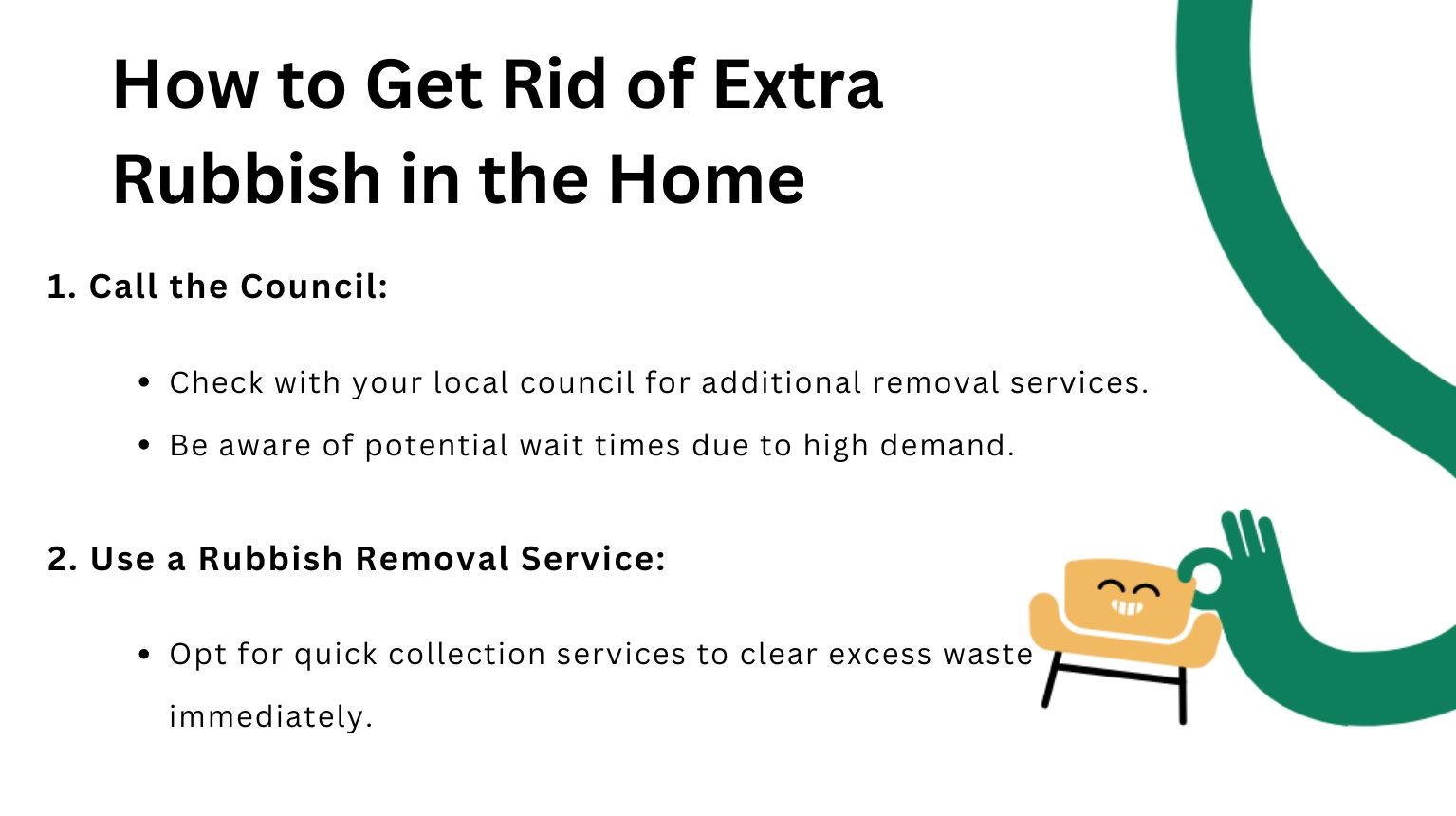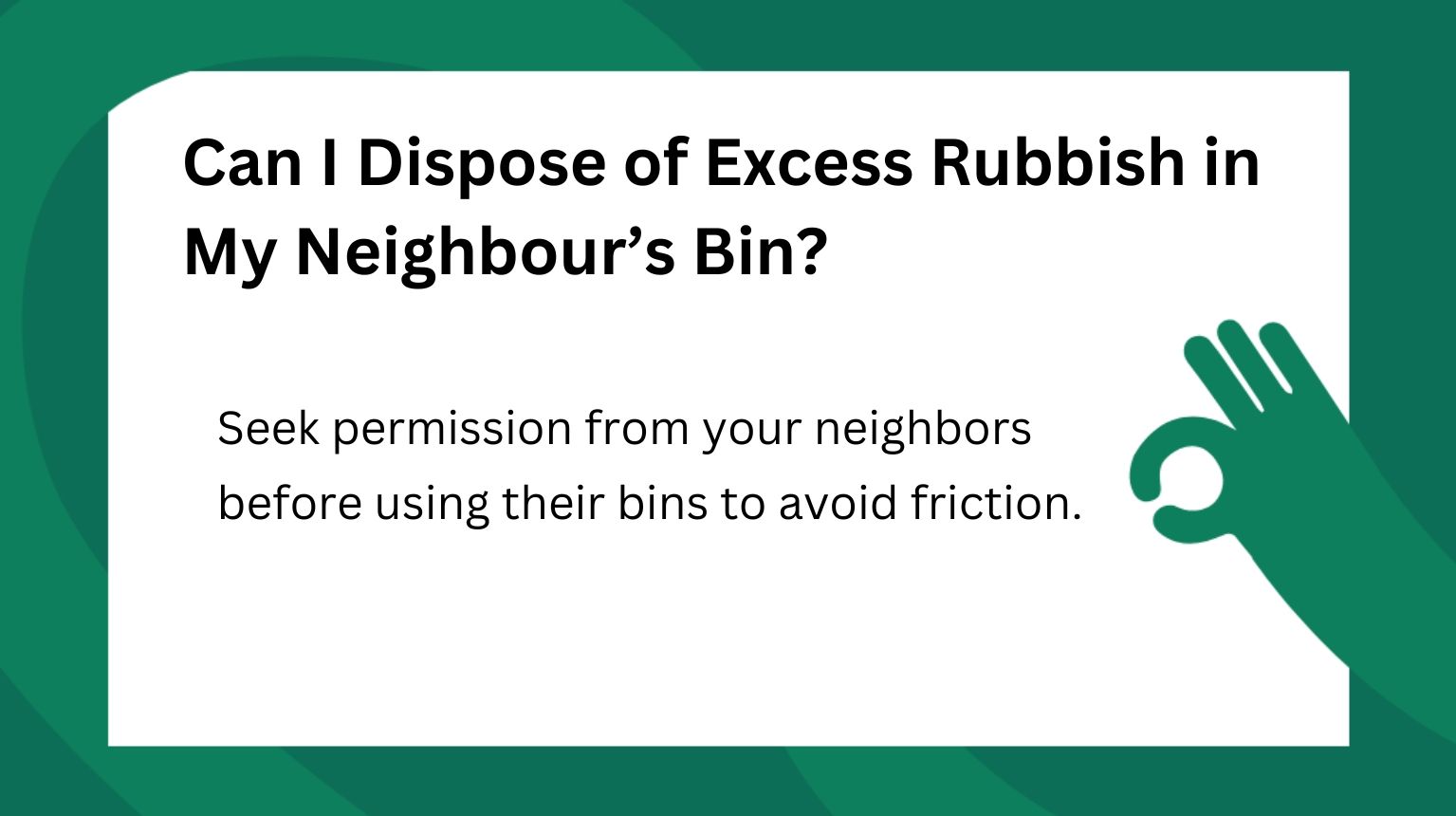
Clearing out household rubbish is a weekly affair that usually goes by without much fuss, but for some, the problem of excessive household rubbish can be difficult to deal with.
According to the EPA’s waste and resource recovery data report for 2018-19, the average NSW household generated 21.75 kg of waste a week, which should fit comfortably into the red and yellow bins.
However, we’ve all been there - sometimes it just doesn’t fit! Whether it’s a new TV box, the aftermath of a DIY project, or even the rubbish leftover a birthday party, some weeks will inevitably produce excess waste that can be hard to get rid of. So, what can be done to dispose of excess household rubbish?
Classifying your excess waste
Different types of waste require different disposal methods, and understanding this can prevent unnecessary waste from taking up the limited space in the general waste bin.
Solid waste
Solid waste makes up the bulk of household rubbish, consisting of everything from non-recyclable packaging to used tissues. Most household waste is often unconsciously tossed into this category, leading to the problem of a huge pile of household waste come collection time.
Recyclables
A lot of household waste can and should be recycled — packaging materials like cardboard, metal tins, and glass containers are usually marked by a recycling symbol on the label to indicate their eligibility. Separating this recyclable material from regular household waste will prevent them from taking up valuable space in the general waste bin, as they can go into the household recycling bin instead.

